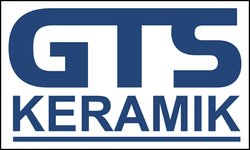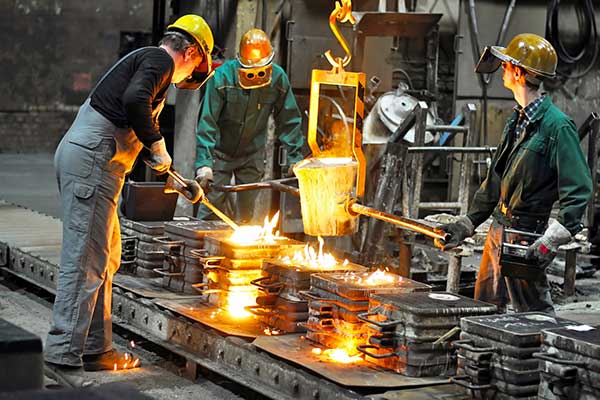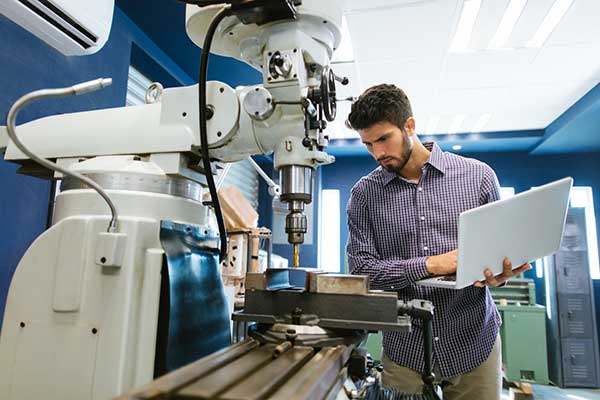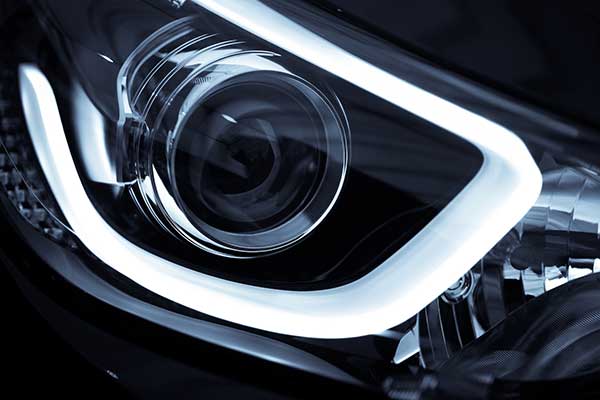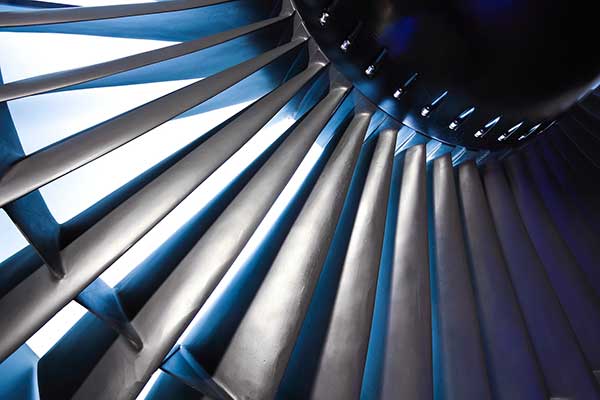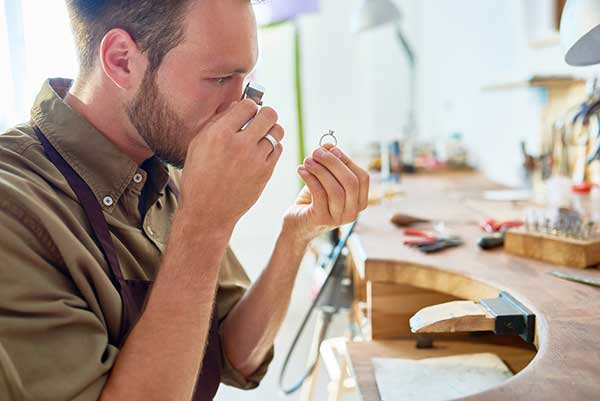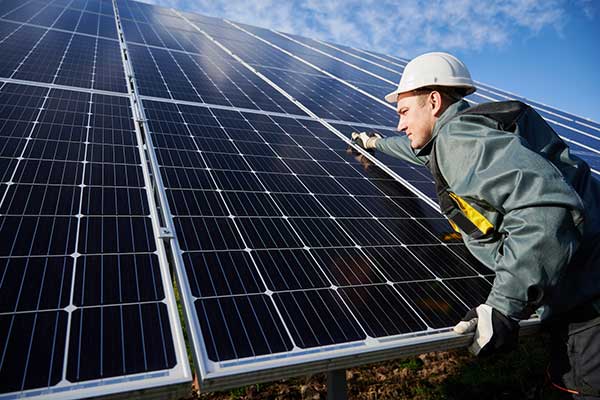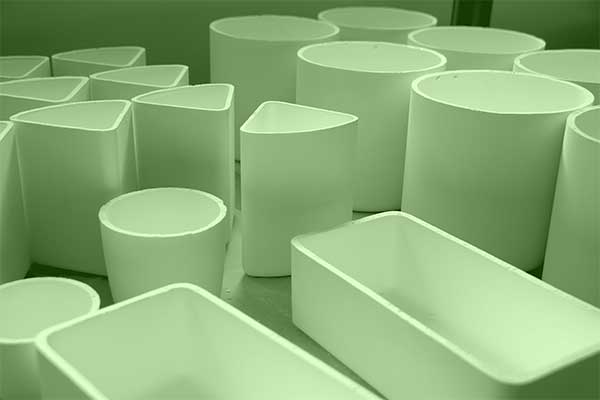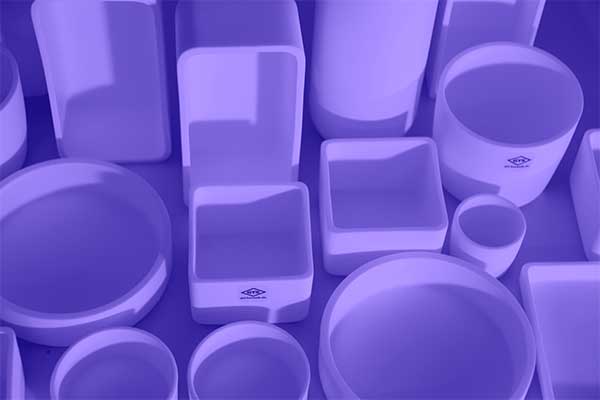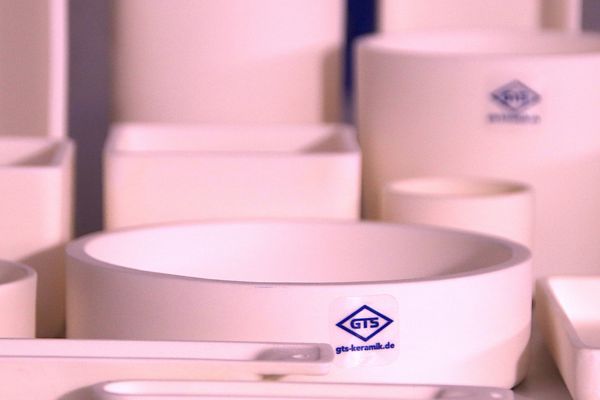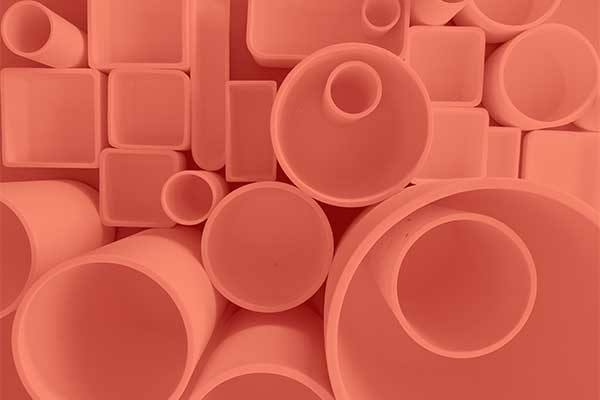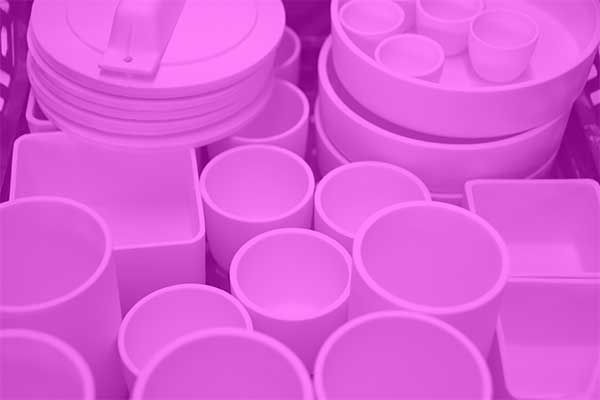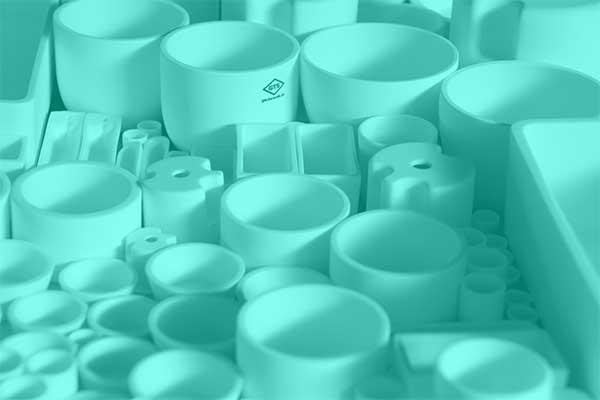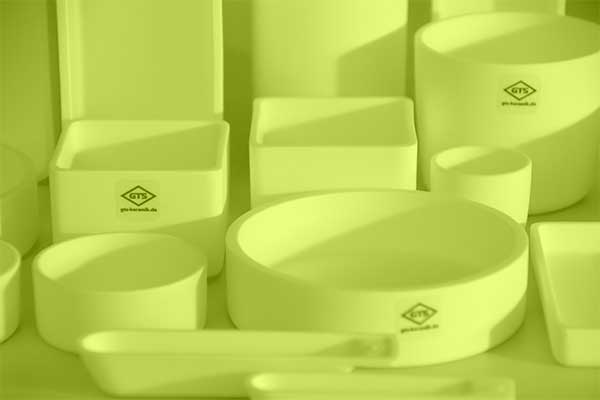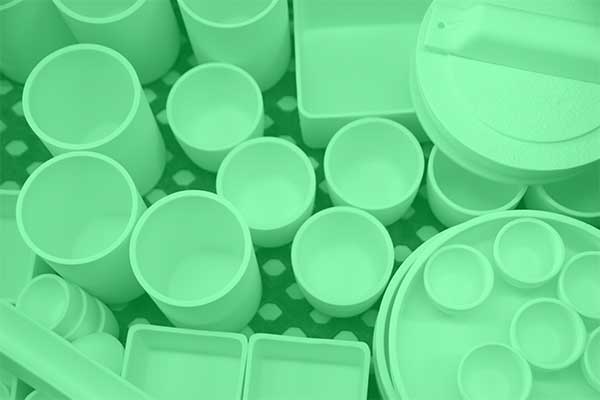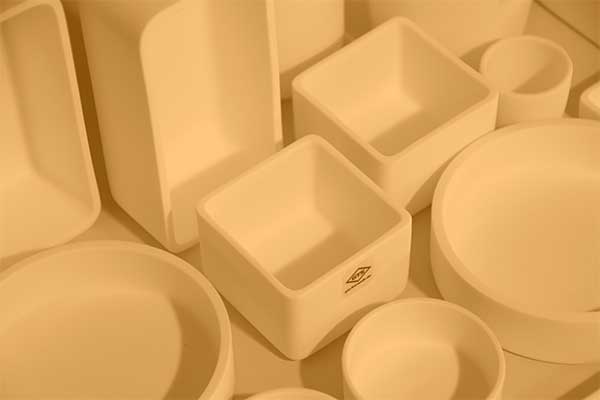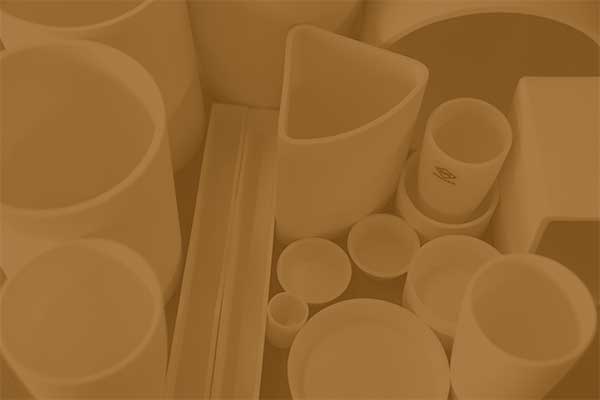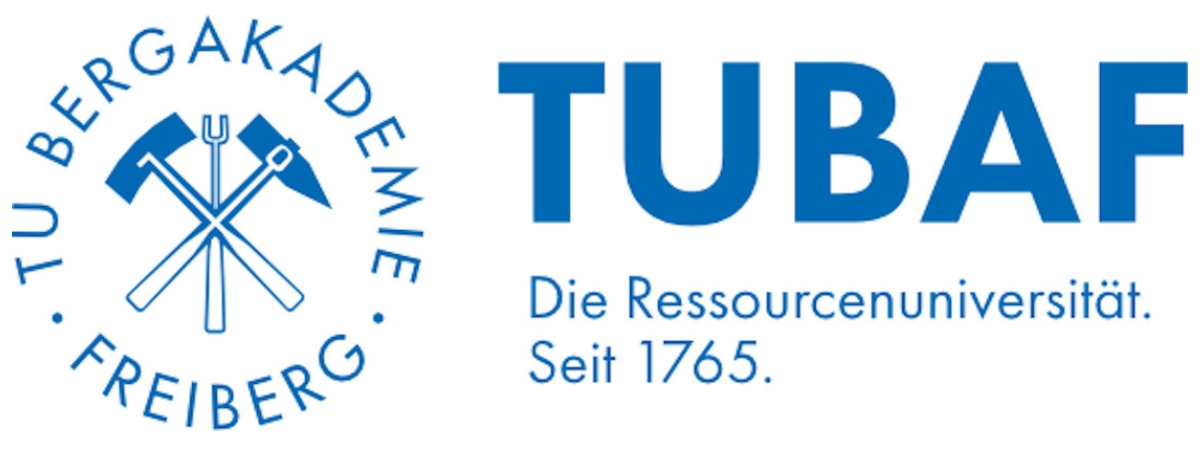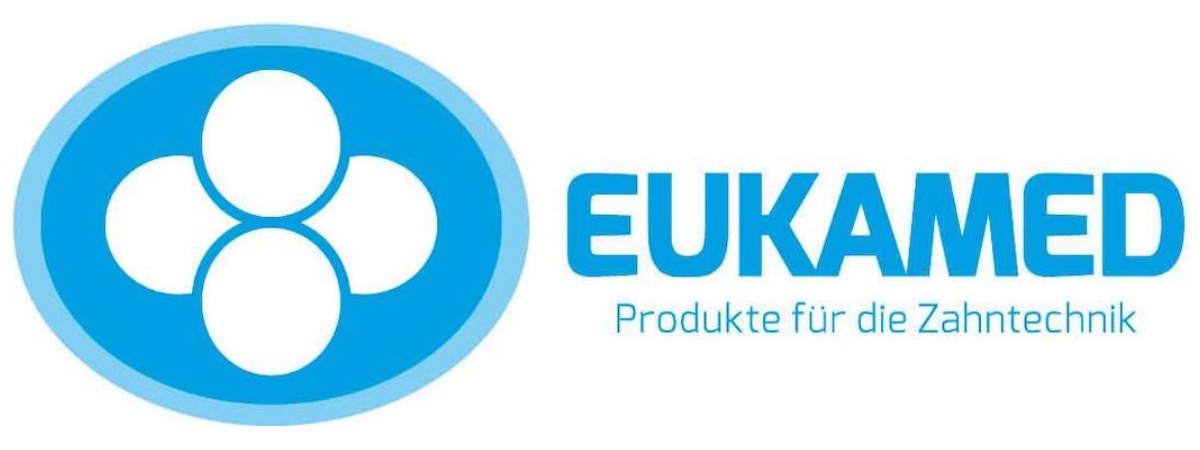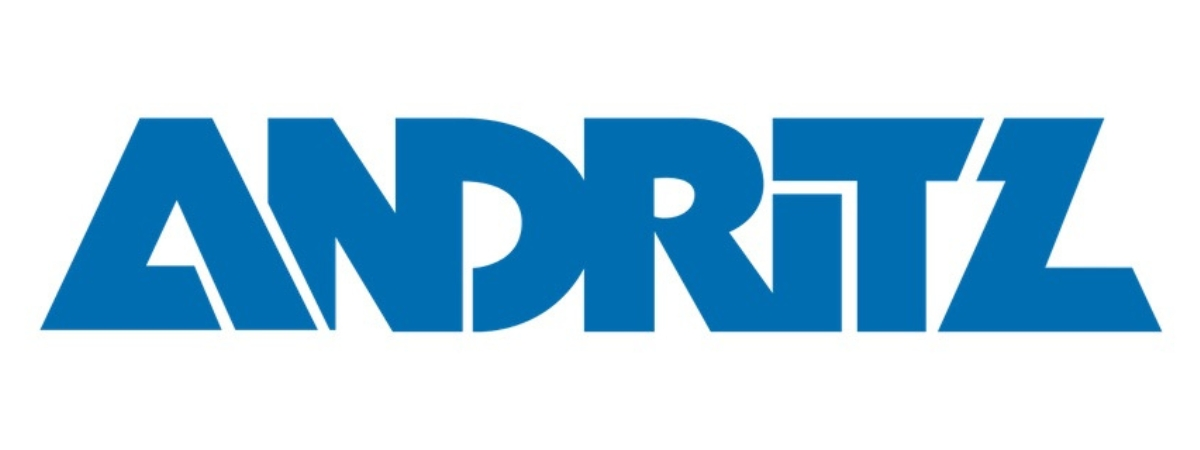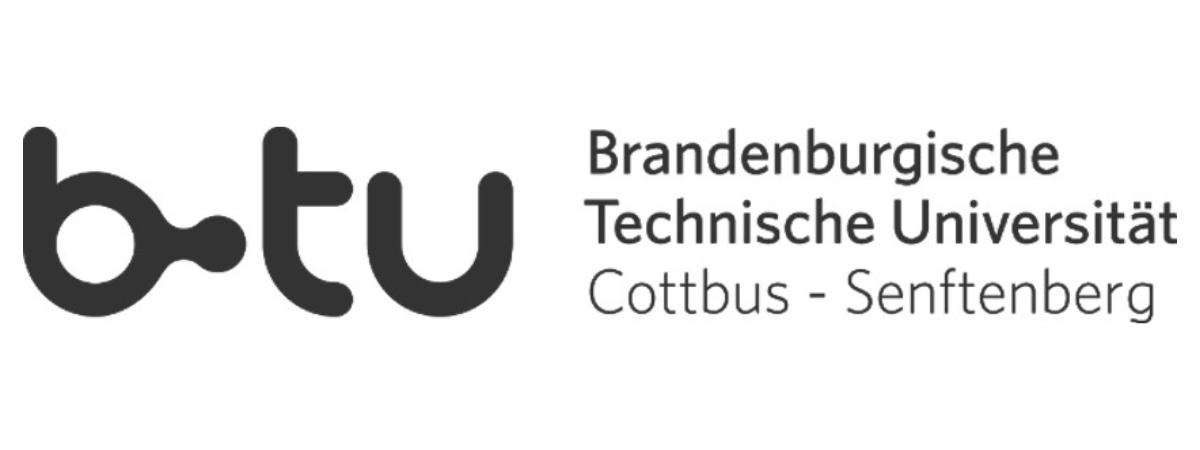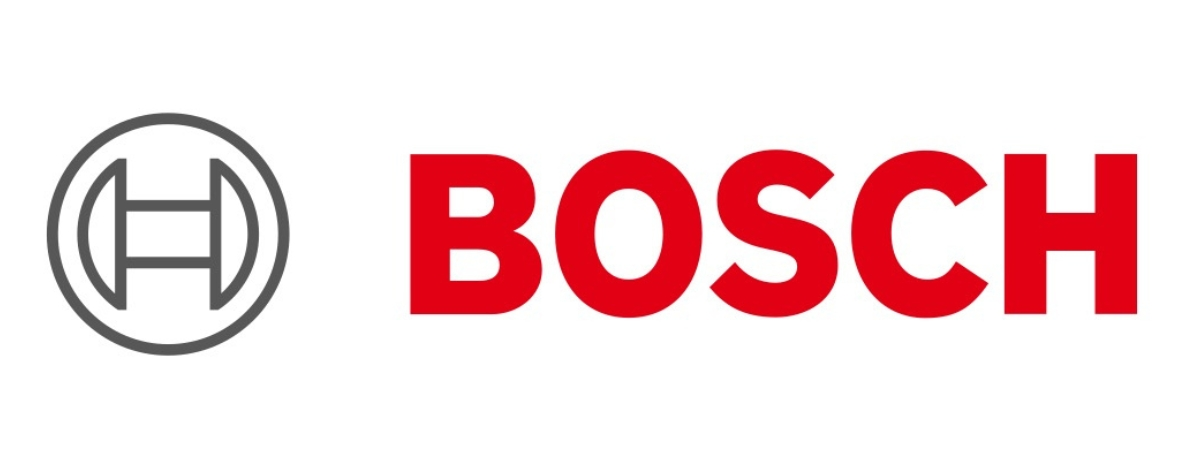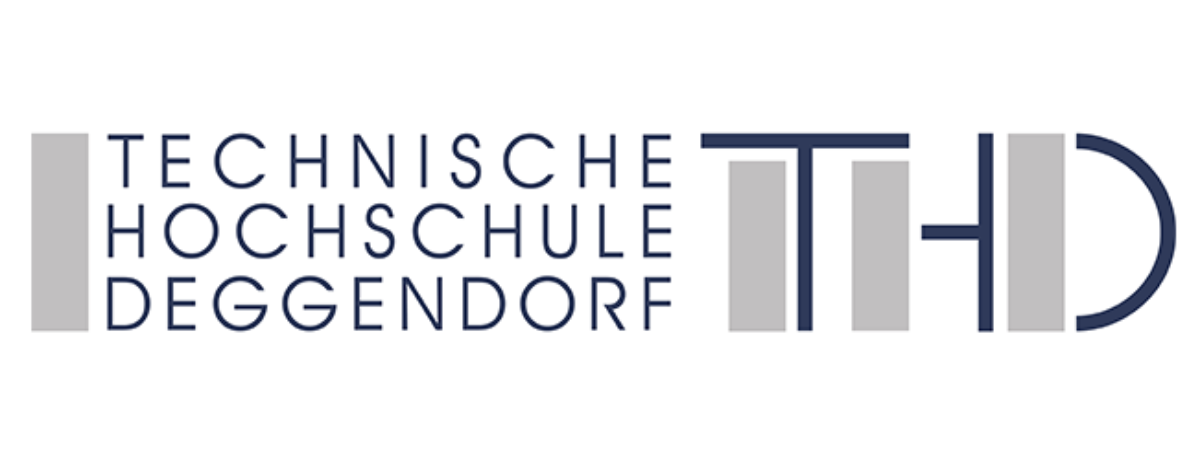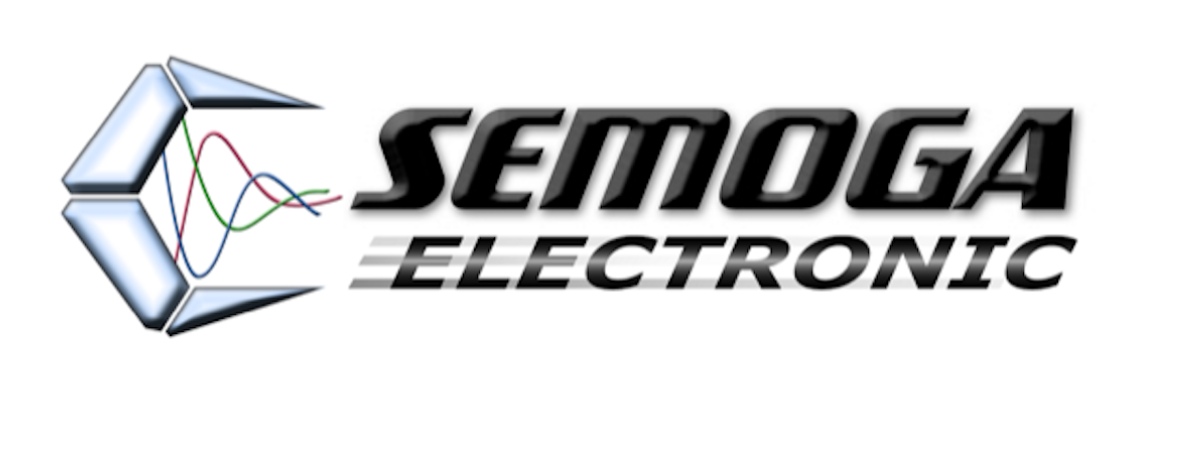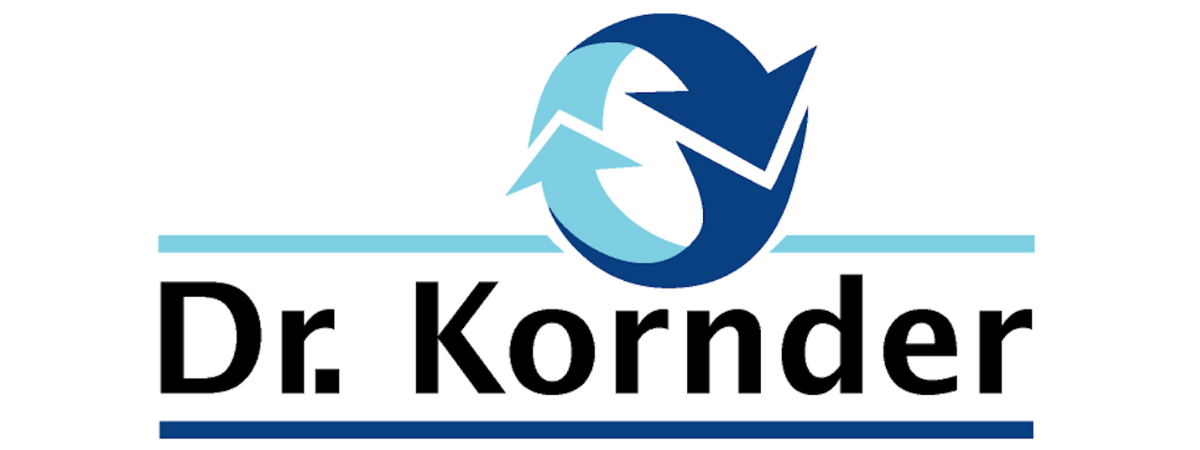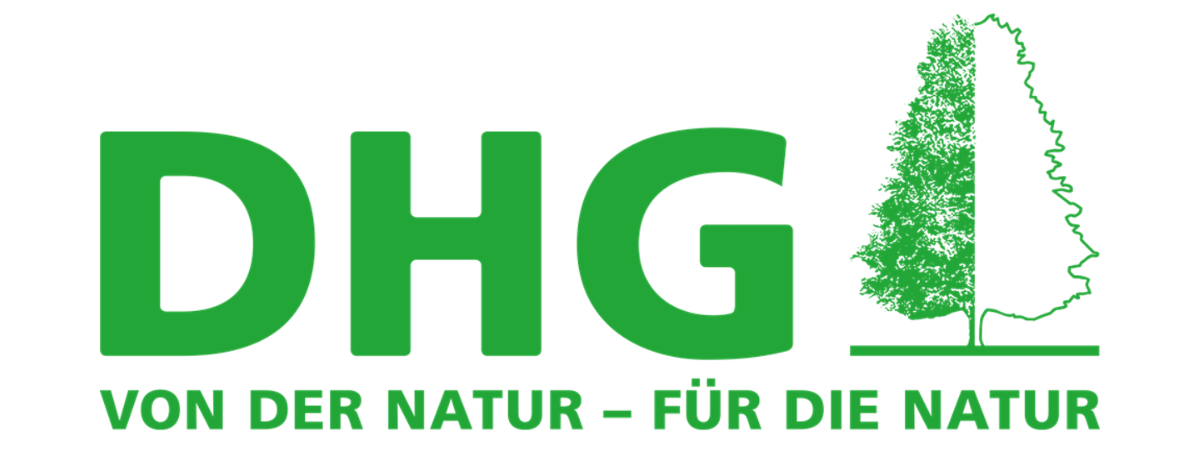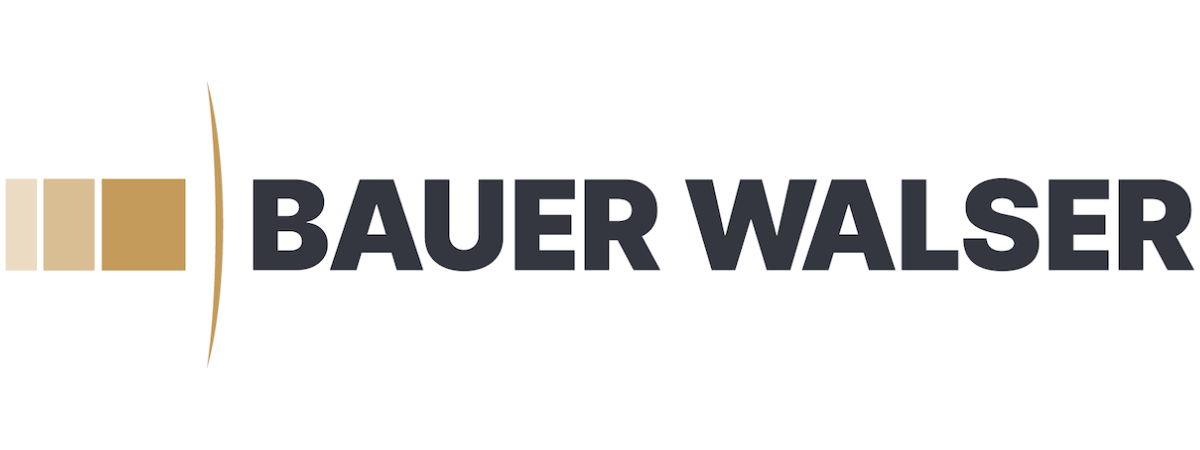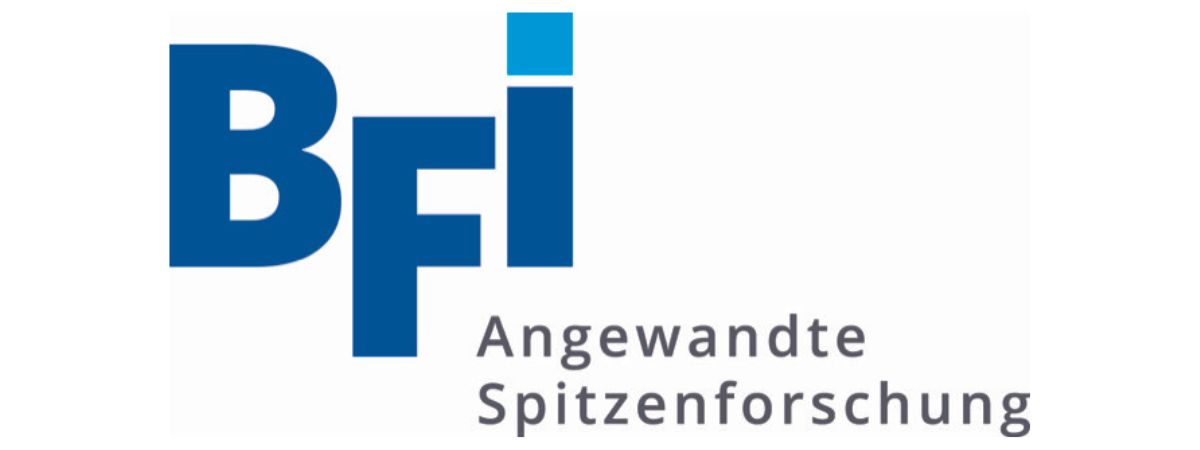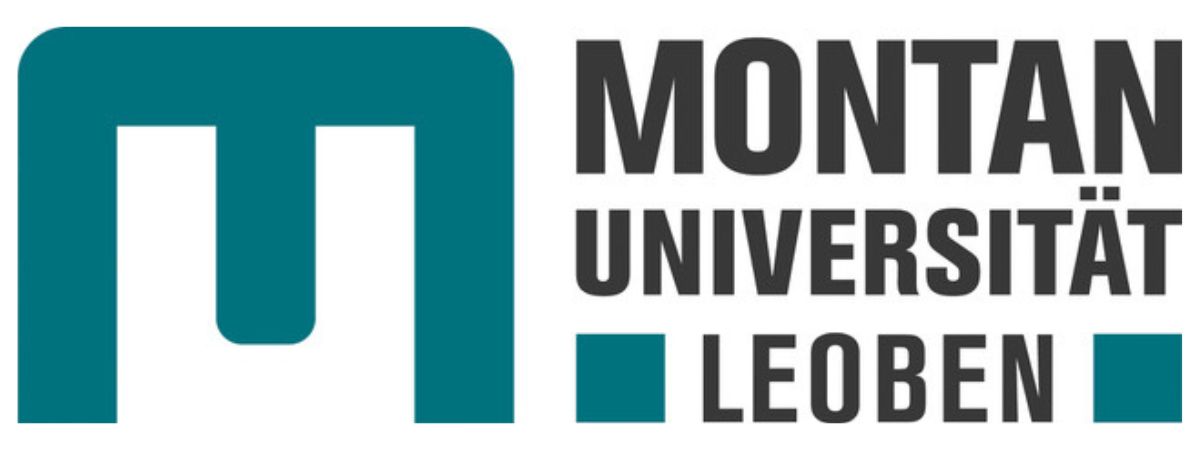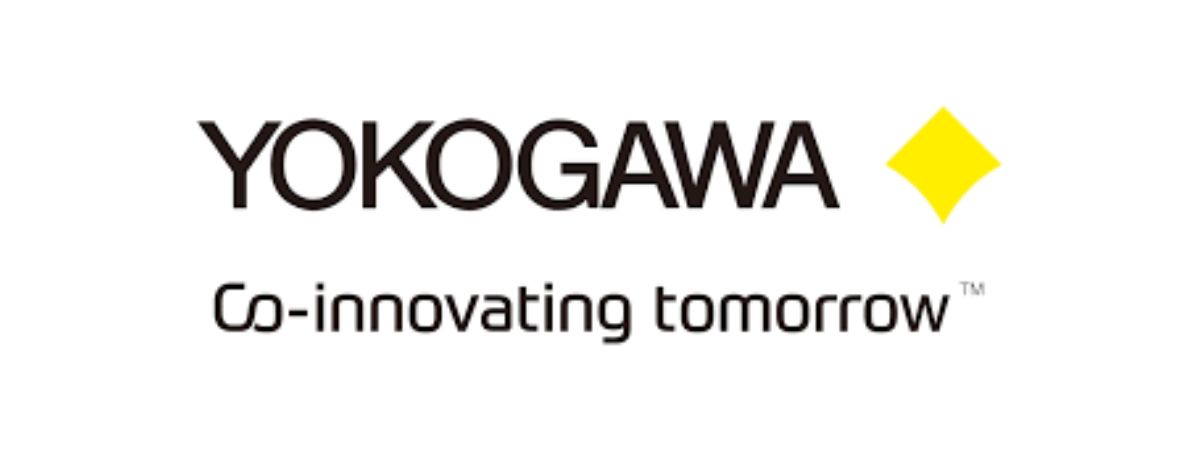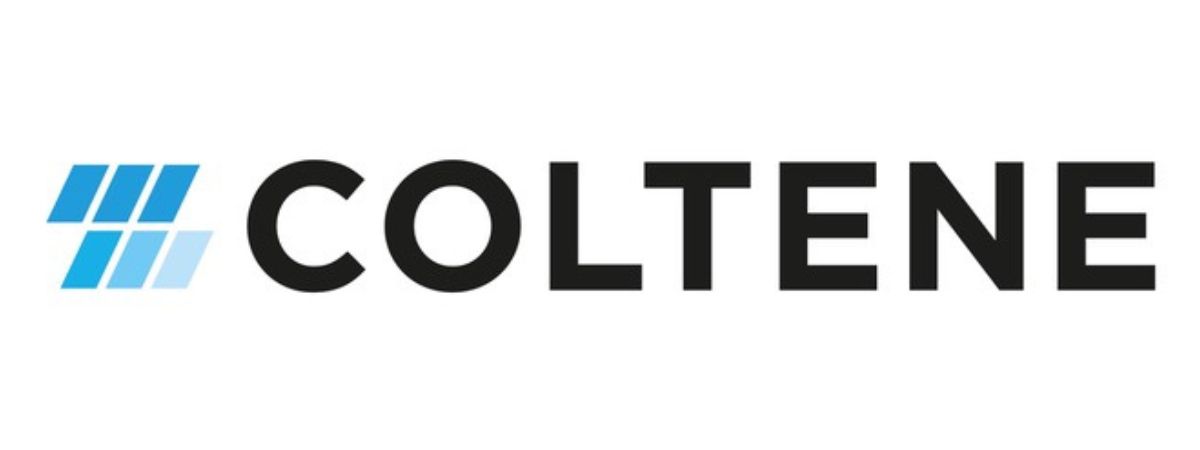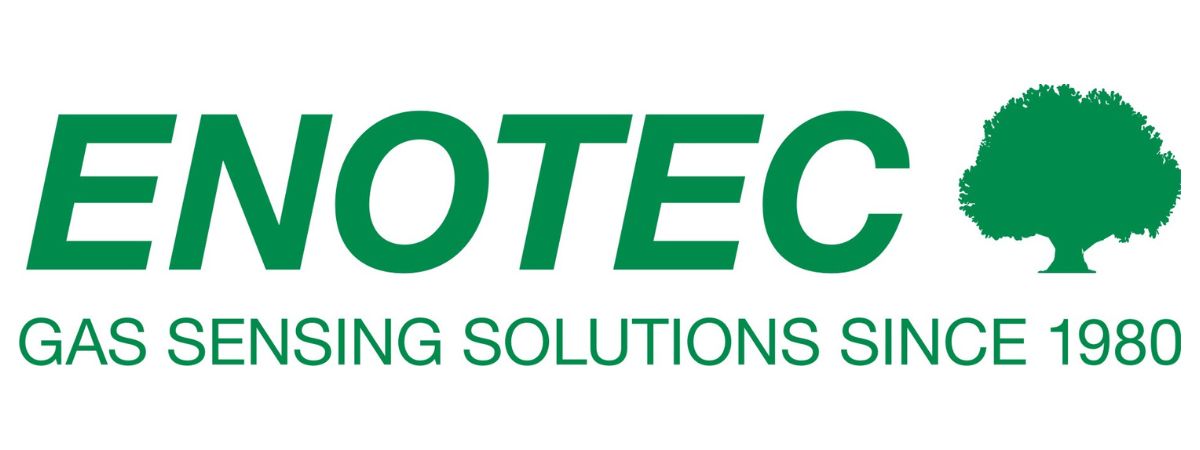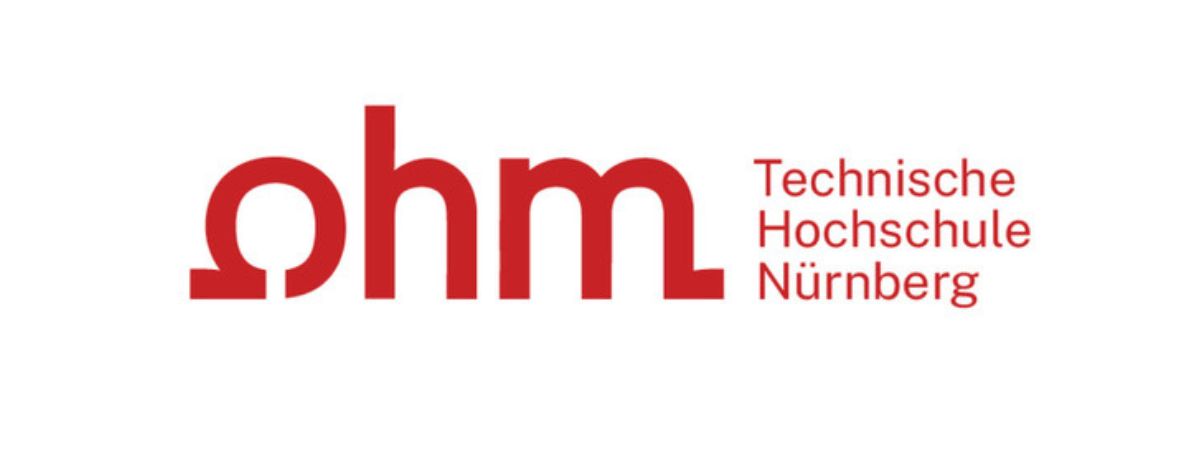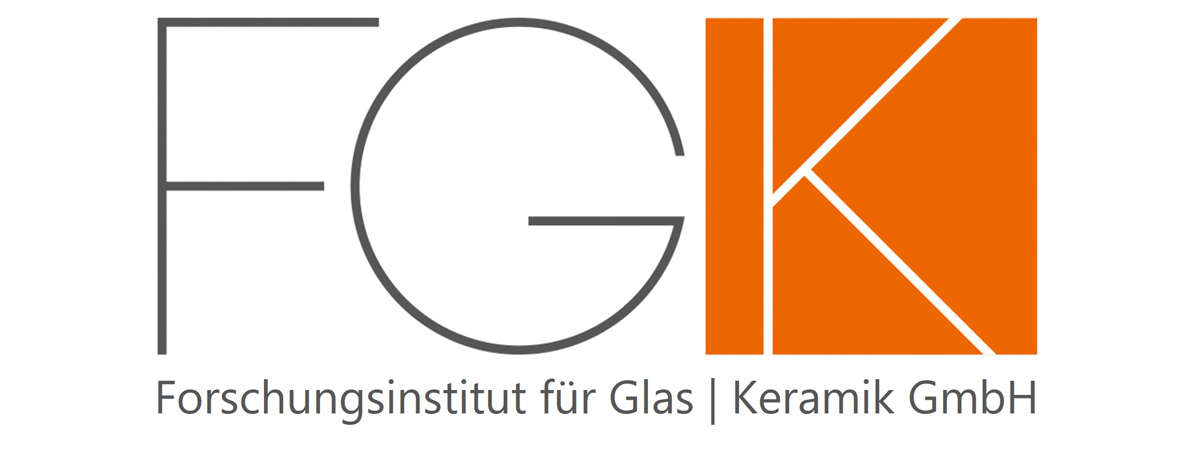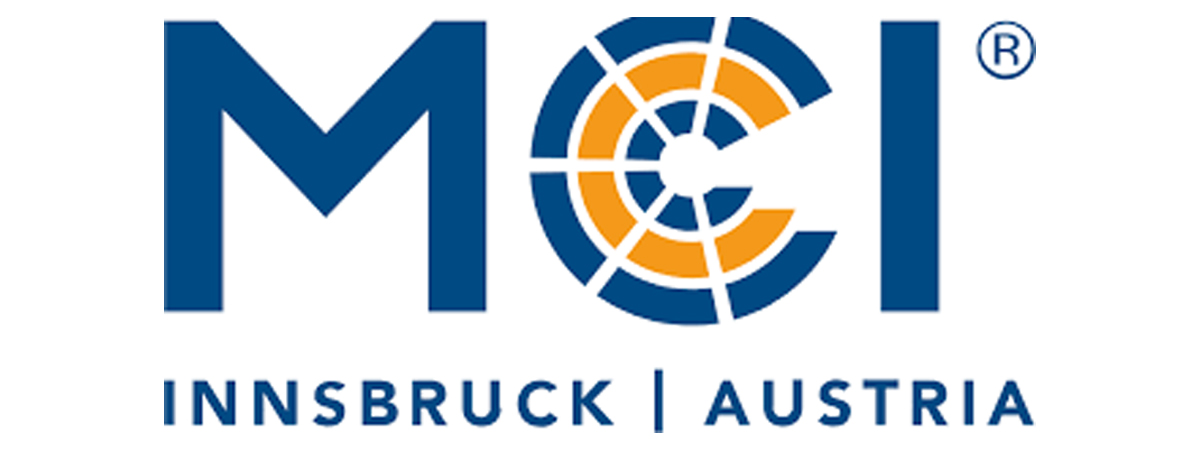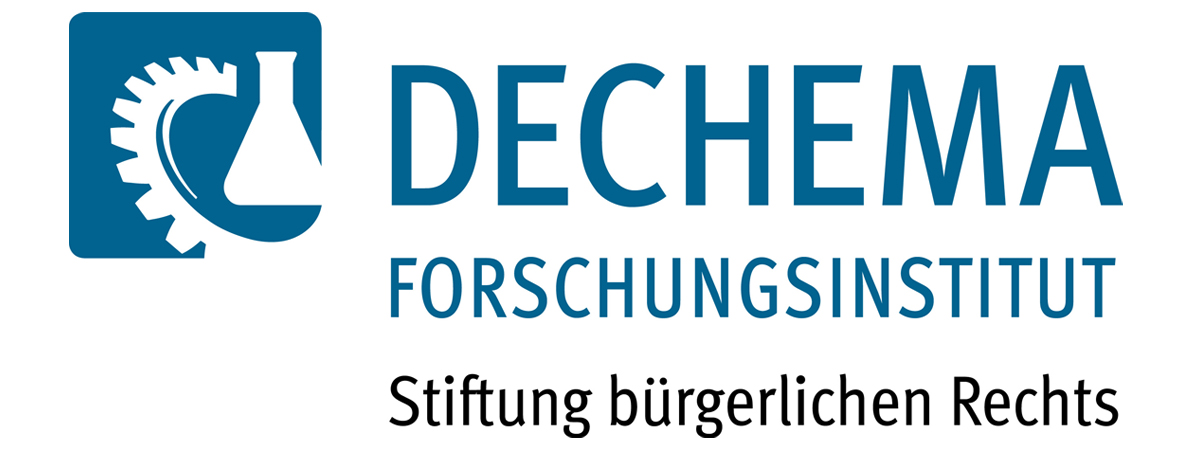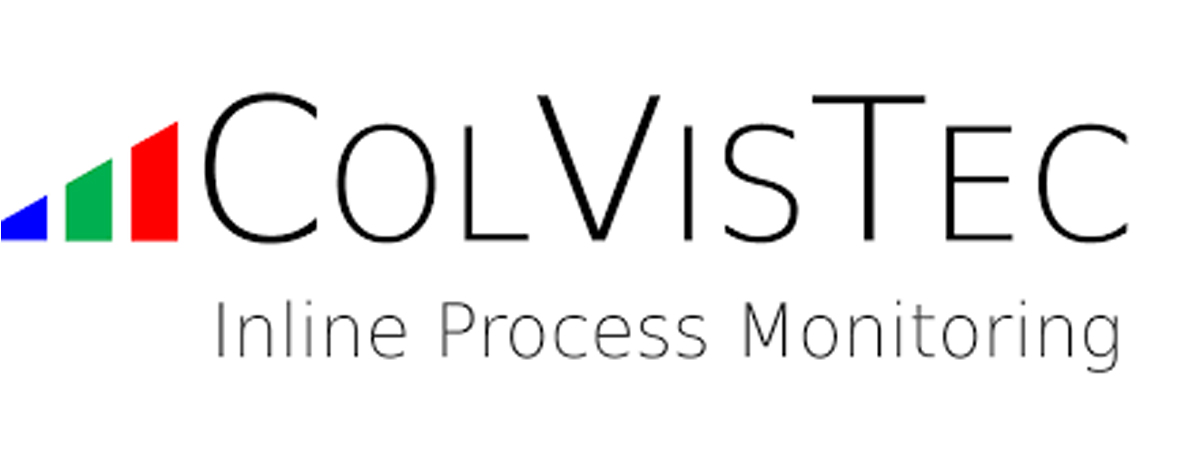GTS Keramik
Made in Germany
As one of Germany’s leading manufacturers of industrial ceramics, GTS stands for the highest quality, technical innovation, and customized solutions in the fields of special ceramics and wear protection technology. Our expertise is based on decades of experience, intensive research, and continuous development of advanced ceramic materials.
A central part of our product portfolio consists of heat resistant ceramics used in a wide range of industrial high temperature applications. This includes, among others, induction crucibles for melting systems, specially designed for melting lead, iron, gallium, copper, platinum, rhodium, zinc, and tin. These crucibles offer excellent thermal shock resistance, chemical durability, and mechanical stability even under extreme conditions.
Particularly noteworthy are our aluminum oxide crucibles, which we manufacture in both dense and porous qualities. Depending on the application, these variants provide optimal properties for various thermal processes from high purity laboratory applications to large scale melting operations.
Another important focus of our work is the development and production of engineering ceramics, which are reliably used in demanding technical applications. This includes precisely manufactured ceramic tubes specifically designed for use in thermally and chemically highly stressed environments. Materials such as aluminum oxide and zirconium oxide have proven especially effective. They withstand high temperatures and impress with their durability and longevity in daily use.
Also remarkable are our zirconium oxide ceramic crucibles, which feature outstanding mechanical strength, high chemical resistance, and excellent temperature tolerance. These properties make them ideal solutions for applications in laboratory and medical technology, as well as in the chemical industry and areas with extreme thermal demands
In crystal growth, we support our customers with suitable ceramic components that meet the highest requirements for purity, dimensional stability, and temperature resistance. Our specially developed qualities help to reliably cultivate sensitive crystals under controlled conditions thus contributing significantly to stable processes and consistently high product quality.
Furthermore, we supply customers in the fields of investment casting, jewelry casting, laboratory, and medical technology with individually developed ceramic components that offer maximum precision and reliability.
Our motto is: always one step ahead. Through continuous innovation, state of the art manufacturing technologies, and close collaboration with research institutions, we develop ceramic solutions that not only meet today’s requirements but also define future standards.
Discover the diversity of GTS products and contact us for non binding advice. Together, we will find the right ceramic solution for your specific application.
Precision casting
The lost-wax casting process is a very old technology that makes it possible to produce complicated individual parts or even large series. Often, the castings do not need to be reworked, thanks to their high precision.
Engineering ceramics
The diverse properties of ceramic products offer an immense spectrum of possible applications. Components made of ceramics can now be found in almost all sectors of the economy.
Illuminants and the glass industry
Illuminants (lamps and bulbs) are becoming ever more efficient and energy-saving. Ceramic is used not only as an insulator but also as a carrier material. It is oxidation-free and heat-resistant.
Aerospace industry
In the aerospace industry, the search is on for new materials that can meet the exacting requirements. Ceramic is a promising and important material for this purpose.
Pharmaceutics and medicine
In the pharmaceutical and medical technology sectors, GTS is recognised as a major supplier of high-quality products.
Jewellery sector
As in medical and precision casting, jewellery castings are generally produced using the lost-wax casting technique.
Solar and battery industry
As a manufacturer of ceramic components, GTS was decisively involved in the development of solar cells from its early beginnings.
Alumina dense
SPECIAL PROPERTIES
- high mechanical strength
- high wear resistance
- excellent antifriction properties
- high corrosion resistance
- high temperature resistance up to over 1700 °C
- good thermal conductivity
- high electrical insulation capacity
- Good to very good chemical resistance to: aluminium, beryllium, lead, chromium, iron, germanium, cobalt, copper, magnesium, manganese, nickel, silicon dioxide, hydrochloric acid (30%), vanadium, bismuth, tin, zinc
Alumina porous
SPECIAL PROPERTIES
- high mechanical strength
- high corrosion resistance
- temperature resistance up to over 1750 °C
- good thermal insulation
- high electrical insulation capacity
- Good to very good chemical resistance to: aluminium, beryllium, lead, chromium, iron, germanium, cobalt, copper, magnesium, manganese, nickel, silicon dioxide, hydrochloric acid (30%), vanadium, bismuth, tin, zinc
Aluminum titanate porous
SPECIAL PROPERTIES
- high mechanical strength
- high corrosion resistance
- high temperature resistance up to over 1600 °C
- Thermal insulation property
- Good to very good chemical resistance to: Aluminum
Fireclay (A3)
- Very high heat resistance up to 1200 °C
- Resistant to thermal shock
- Can be heated inductively
- Fireclay stores heat, preventing rapid solidification of the molten mass.
Magnesium oxide
SPECIAL PROPERTIES
Good to very good chemical resistance to: lead, beryllium, iron, copper, nickel, sodium, platinum, plutonium, uranium, bismuth, tin
Quartz
SPECIAL PROPERTIES
- low thermal expansion coefficient
- extremely high temperature change resistance
- high corrosion resistance to many molten metals
- high corrosion resistance in contact with many other chemical products
- Good to very good chemical resistance to: lead, gallium, germanium, copper, platinum, tin
Quartz with silicon nitride
SPECIAL PROPERTIES
- low thermal expansion coefficient
- extremely high temperature change resistance
- high corrosion resistance to many molten metals
- high corrosion resistance in contact with many other chemical products
- Good to very good chemical resistance to: platinum, silver
Zirconia high-density
SPECIAL PROPERTIES
- zirconia is a semiconductor
- high mechanical strength
- excellent wear resistance
- high fracture toughness
- high temperature resistance up to over 2000 °C
- low thermal conductivity
- high corrosion resistance
- Good to very good chemical resistance to: aluminium, beryllium, iron, cobalt, nickel, platinum, rhodium, hydrochloric acid (30%), bismuth, zirconium
Zirconia porous
SPECIAL PROPERTIES
- zirconia is a semiconductor
- high mechanical strength
- thermal insulation capacity at >1,700 °C
- high temperature resistance up to over 2000 °C
- low thermal conductivity
- high corrosion resistance
- Good to very good chemical resistance to: aluminium, beryllium, cobalt, nickel, platinum, bismuth
